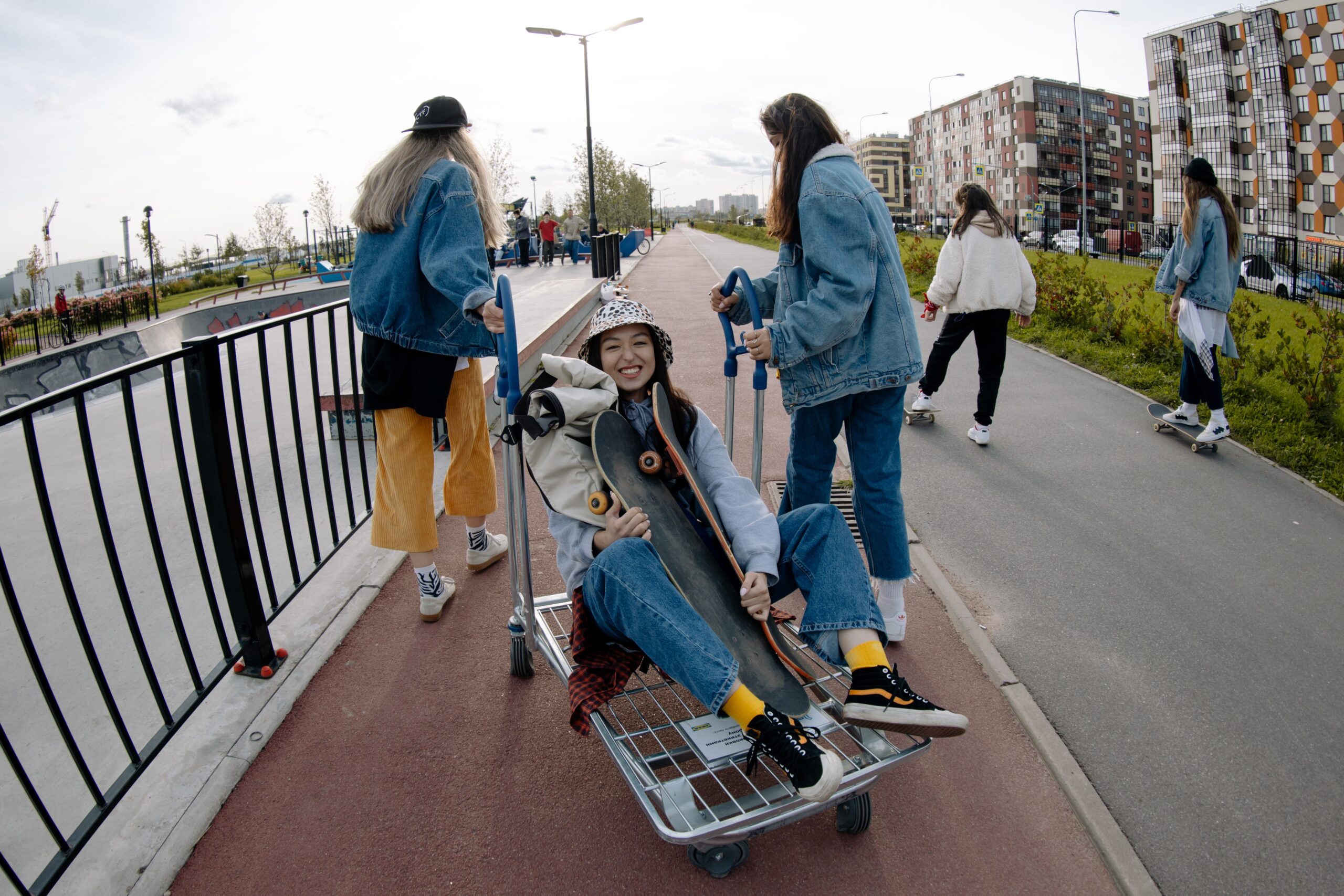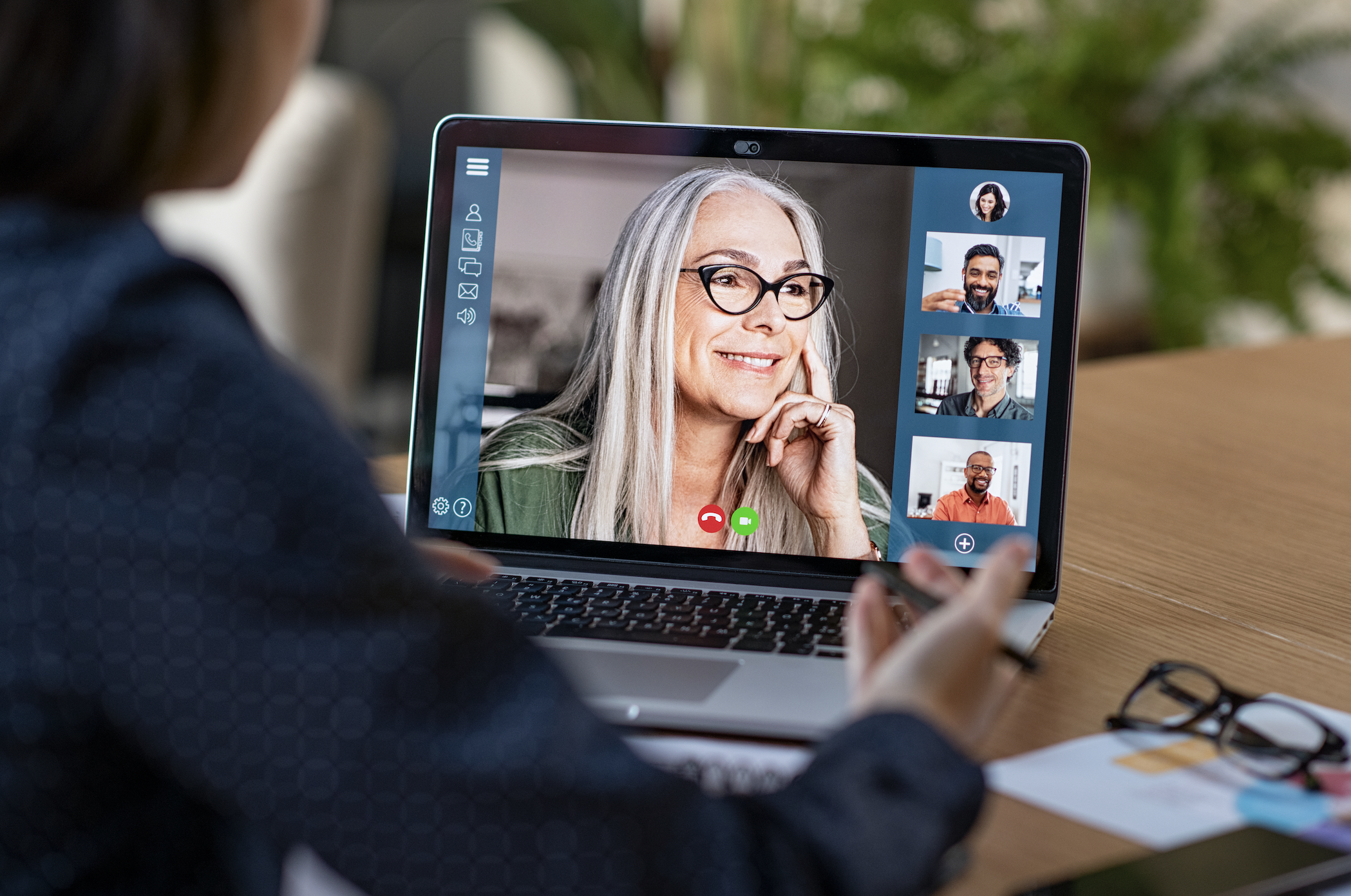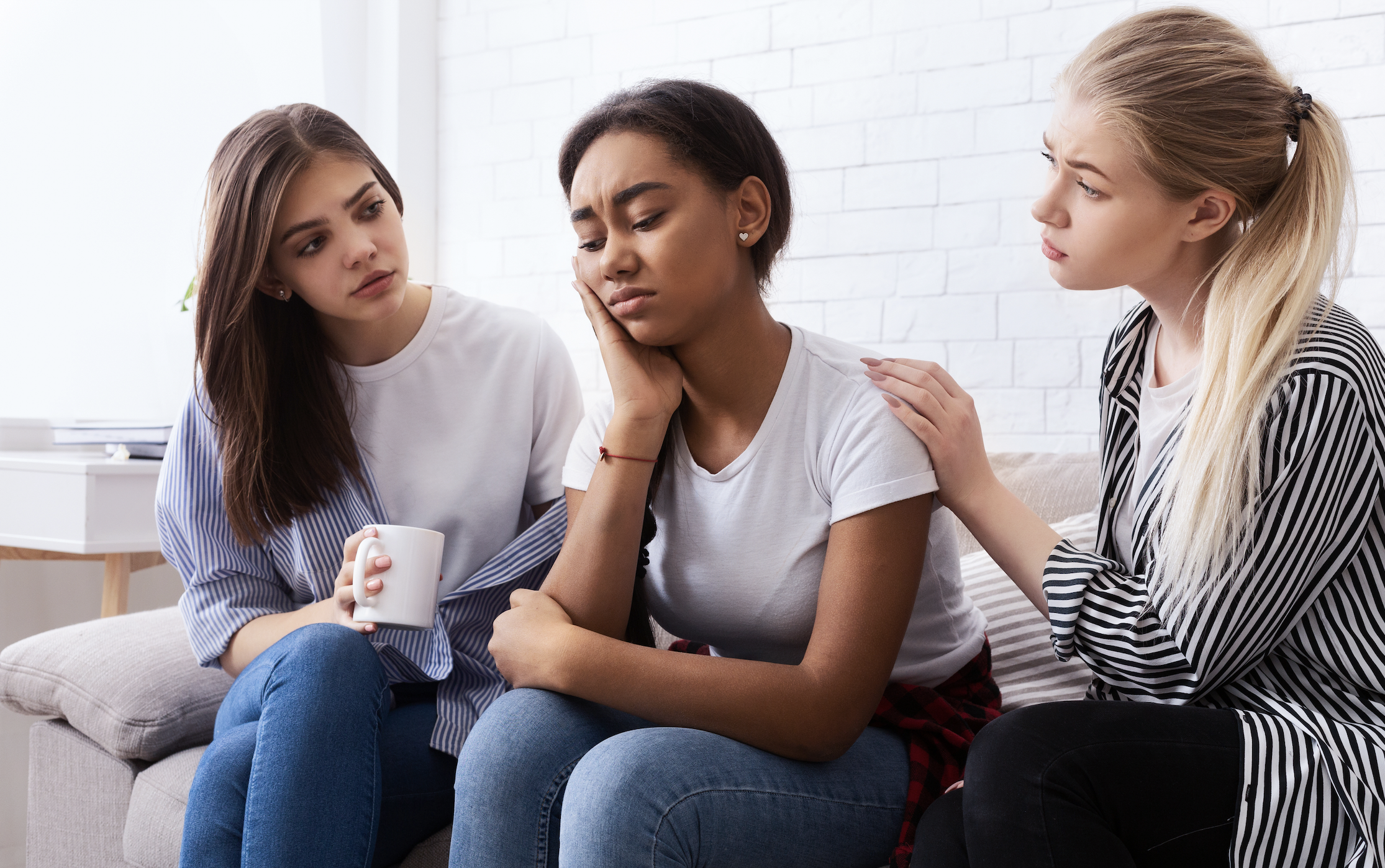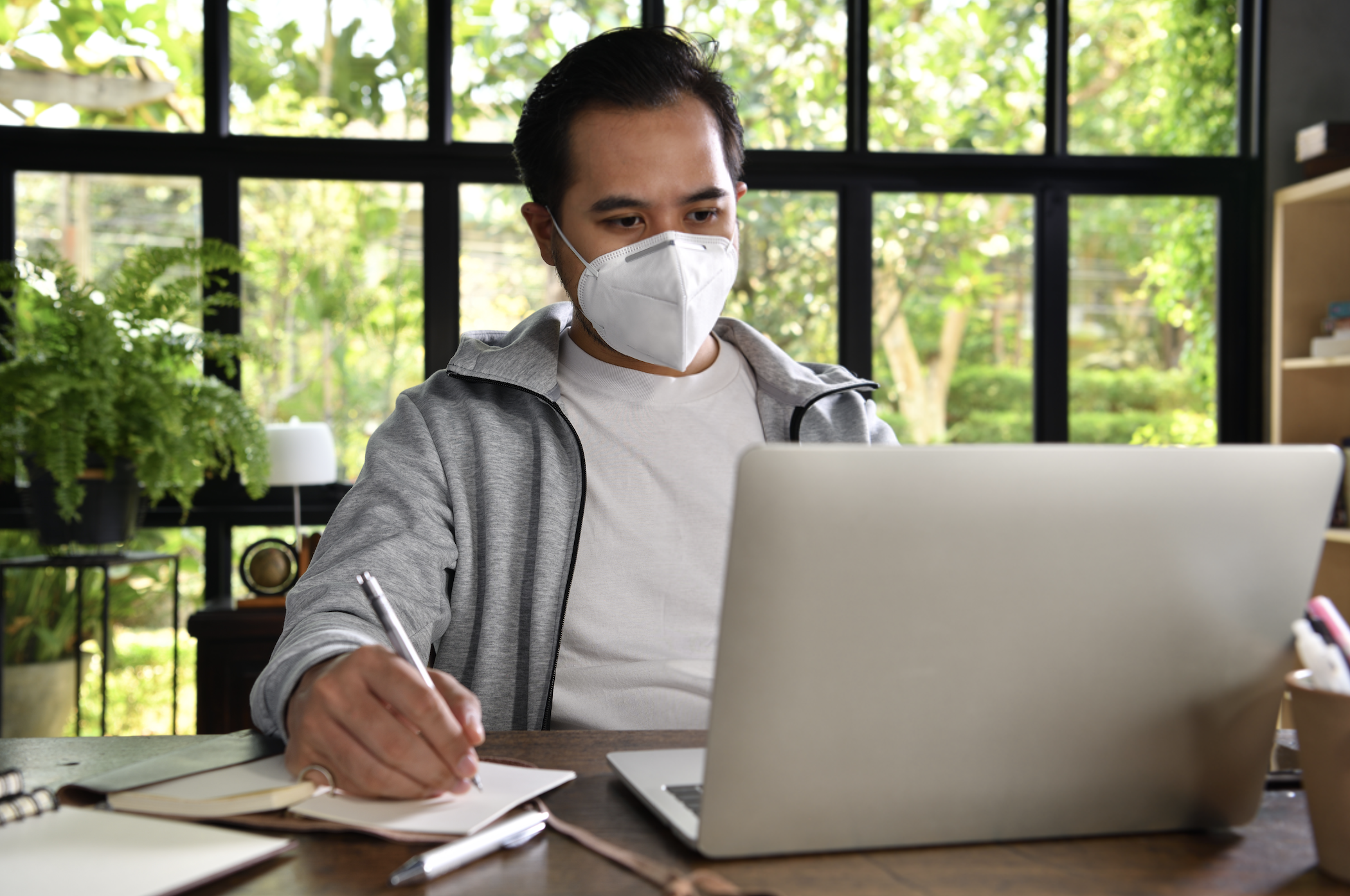
The Unintended Consequences of Our Nationwide Quarantine
Most Americans reluctantly returned home several weeks ago in obedience to our government’s “shelter in place” order. Tens of millions began working from home to stay safe from COVID-19. As we continue, our fear of the unknown progresses.
One of the issues leaders need to consider is what it will look like once we return to public life. Already some states have opened up stores, beaches, salons, and restaurants under certain guidelines. Others are sticking to their quarantines. Doctors even disagree on when to return to life as it was before March. Some, like Dr. Dan Erickson and Dr. Artin Massihi, microbiologists who lead the Accelerated Urgent Care Center in Bakersfield, CA say staying in place may actually do more harm. Other medical professionals are quick to condemn that perspective, insisting we need to shelter in place longer. Both sides believe “science” sides with them.
In any case, we are going to face a different world and leaders must be ready for it.
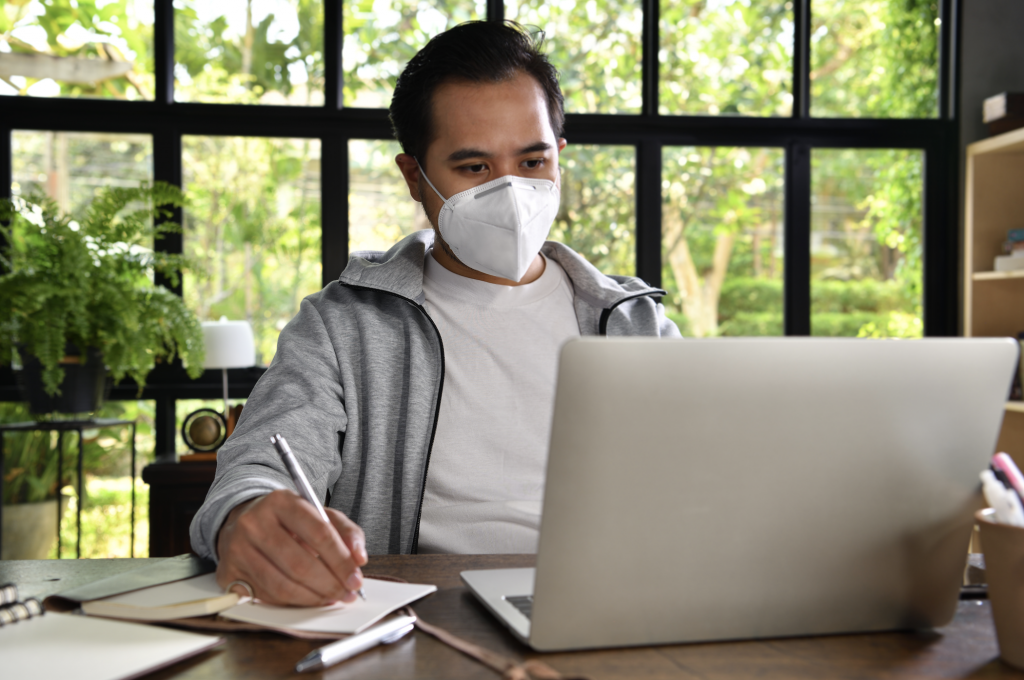
Looking Down the Road
This issue caused me to reflect on predictable challenges we may face once we go back to work. Many say we should not expect life as it was any longer. I tend to agree. Here are five potential scenarios we should prepare for as we return to public life.
1. Weakened immune systems may produce lots of sickness once we go public again.
In the past, when an outbreak emerged, infected people were quarantined, not healthy people. In our case, the vast majority of the American public is in a shelter-in-place mode, not going out to do business. In such times, our bodies’ immune system is protected from the very bacteria and viruses they need to stay strong. It just may be we see a larger number of people becoming sick when we return to public interaction unable to fight off bacteria due to weaker immune systems.
2. Financial debt and bankruptcy due to unemployment may delay economic rebound.
This is one possibility people worry about the most. Over the last several weeks, over 6 million people have filed for unemployment, and more are to come. This number is equal to all the jobs that were created since the Great Recession a decade ago. So, even though we all look forward to a day when we’ll emerge from our homes to do business, the business may look different. Small companies and nonprofits have shut down and many will need to pay back the government loans they received during the pandemic.
3. High domestic abuse, sexual assault, and suicide due to pent up mental health issues.
Consider the number of people who are forced to shelter in place in a dysfunctional home—full of alcoholism, mental health problems, and spousal and child abuse. These victims are stuck in an unhealthy environment. Hospitals report patients entering emergency rooms with black eyes, cuts, and bruises. When frustrations and fears run high, unhealthy people became dangerous. I shudder to think of the children who may be suffering from abusive parents in this season. They will need help.
4. Anxiety issues due to limited resources may prevent progress.
Leaders must pay attention to the psychology of this pandemic. In the Great Depression, people didn’t feel secure right away even when commerce could have picked up. While I do believe our economy will recover, individuals will engage in buying and selling only as they assume they’re safe to do so. If their paycheck or position is in question, they may hold back in making big purchases at a time when we need to stimulate our economy with such commerce. I don’t blame them. I have just seen the influence of a “scarcity paradigm” when people fear resources are running out not running over.
5. Fear for our health could dominate our everyday interactions in society.
It would not surprise me if many Americans don’t shake hands with others again. More will join the ranks of the “germophobes” and be hyper-cautious in public places. It makes sense; when fear dominates our minds, caution dominates our behavior. Leaders will need to choose their battles and ensure their teams are safe as they pursue their mission. We may even need to remind people their immune systems gain strength when they’re forced to battle bacteria. In the meantime, people could interact distantly.
Leaders—be sure to prepare for the hidden impact of this pandemic once it’s over.



